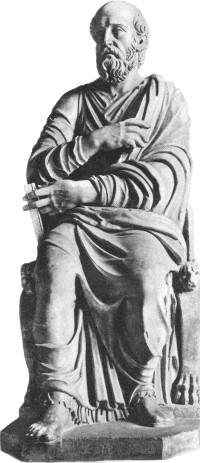 Origen, many other ancient catholics, takes the Word (logos) of John 1 to be the pre-human Jesus.
Origen, many other ancient catholics, takes the Word (logos) of John 1 to be the pre-human Jesus.
For the record, I don’t think that is correct. But I won’t contest it here.
In the quotes here, he’s commenting on “And the Word was with God, and the Word was God.” This is from an long commentary on John, this portion of which was probably written in 231-2 AD.
Many people who wish to be pious are troubled because they are afraid that they may proclaim two Gods and, for this reason, they fall into false and impious beliefs. They either deny that the individual nature of the Son is other than that of the Father by confessing him to be God whom they refer to as “Son” in name at least, or they deny the divinity of the Son and make his individual nature and essence as an individual to be different from the Father. (Origen’s Commentary on the Gospel According to God, trans. Robert E. Heine, p. 98, bold added)
Permit me to paraphrase: people think that this Word who is with God and yes is God must be another God, a second God. But that seems wrong – isn’t monotheism true? Thus, they either think Father and Son to be numerically one (the same God) or they deny that the Word, that is, the pre-human Jesus to be divine – to be such that the word “God” applies to him.
Immediately following the passage above, Origen gives his solution.
Their problem can be resolved in this way. Read More »trinitarian or unitarian? 8 – Origen on “God” vs. “a god”
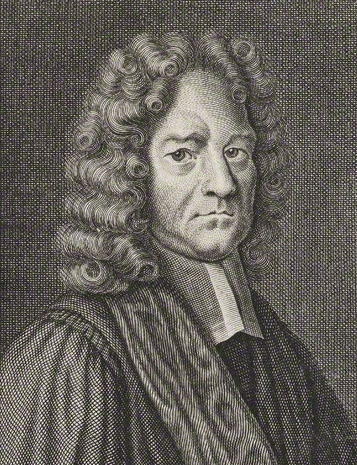


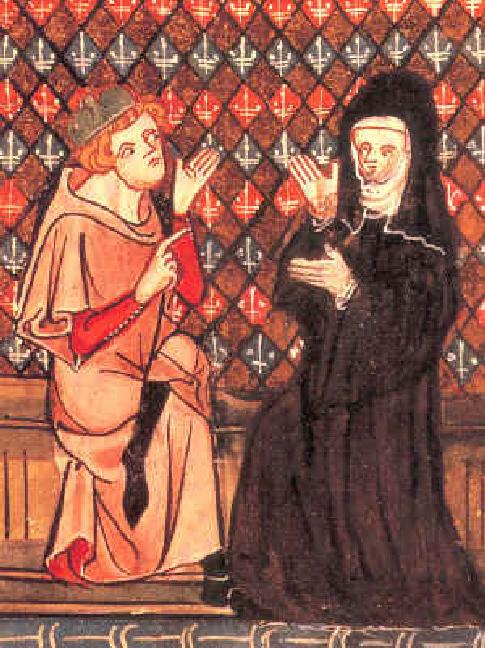

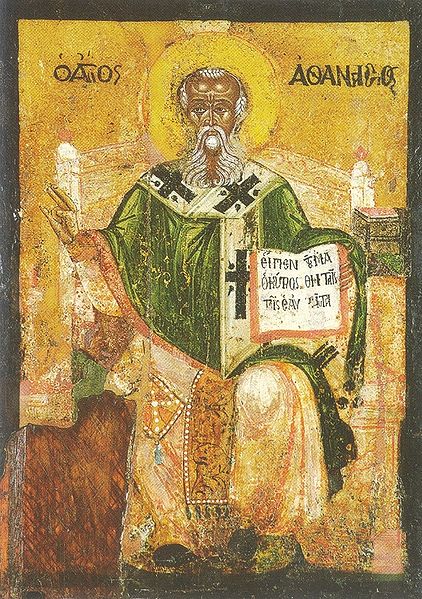


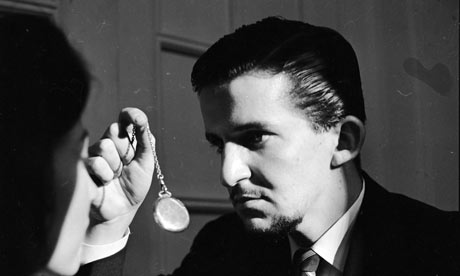









 Was Hippolytus a trinitarian or a unitarian? In the last two posts, I’ve argued that he was the latter.
Was Hippolytus a trinitarian or a unitarian? In the last two posts, I’ve argued that he was the latter.